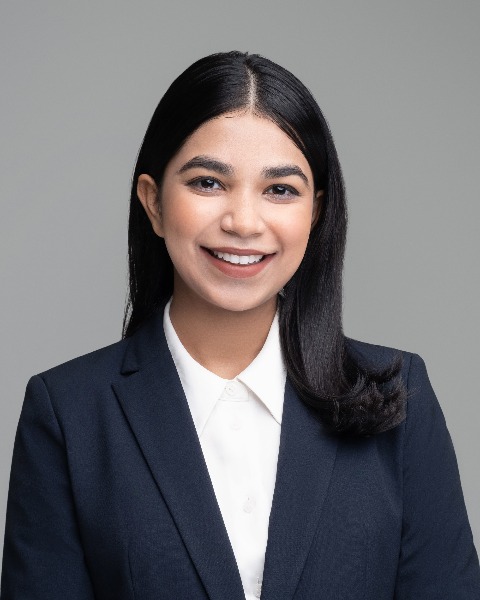Technology 2: Telemedicine
Session: Technology 2: Telemedicine
191 - Keep It Simple: Telemedicine to Support Pediatric Care in Ethiopia Through Existing Instant Messaging Applications
Saturday, April 26, 2025
2:30pm - 4:45pm HST
Publication Number: 191.5581
Sarah Erum, BronxCare Health System, Bronx, NY, United States; Tigist PHMM. Bacha, Department of Pediatrics and Child health, Addis Ababa, Adis Abeba, Ethiopia; James O.. Okereke, BronxCare health System, Bronx, NY, United States; Yossef Alnasser, BronxCare Health System, New York, NY, United States

Sarah Erum, MD (she/her/hers)
Resident
BronxCare Health System
Bronx, New York, United States
Presenting Author(s)
Background: For telemedicine to be implemented and sustained in low- and middle-income countries (LMIC), it must be accessible, equitable, affordable, and compatible with current infrastructures.
Objective: This study is to evaluate the views of pediatric healthcare practitioners in Ethiopia toward using an instant messaging app (Telegram) to conduct tele-consultations and asynchronous medical education.
Design/Methods: The study adopted a qualitative method to get greater insights and deeper meanings of pediatric doctors in Ethiopia about the use of Telegram chat group for tele consultations and medical education.
Results: The study attracted ten pediatric doctors for in-depth interviews and four text exchanges. All participants expressed positive attitudes toward telemedicine through simpler phone-based platforms. Telegram was the preferred application over WhatsApp and Zoom due to its compatibility with limited internet connections, multidimensional views of data, and unlimited number of participants. Having a Telegram chat made it easy to get tele consultation and improve pediatric knowledge. Pediatricians from non-academic institutions and rural areas viewed the chat group as a source of continuous medical education. A rural pediatrician stated “ “in our hospital, we don’t have morning sessions or case presentations, so it (the group) gives us a platform to read further, to learn further.” Residents found Telegram as a vital tool for their learning with one resident stating “ I think Telegram is part of our residency.” Lack of consultation culture, fear of being judged, and hierarchy limited the number of teleconsultations and participation in educational discussions. Internet availability, digital divide, lack of physical exam, and privacy concerns were the main barriers to using Telegram for teleconsultations. Having international experts to answer consultations was viewed as a challenge and an advantage at the same time. It is a challenge when the international expert does not understand the culture or local resources. It is an advantage as the expert can introduce new updates and innovative interventions. A pediatrician said “there are different groups of experts from here and from abroad as well,,,Yeah, that makes it an ideal thing.”
Conclusion(s): Telegram is already used by pediatric providers in Ethiopia for telemedicine and medical education. This affordable intervention can improve access and ease the burden of consultations for all providers while meeting current infrastructures.

